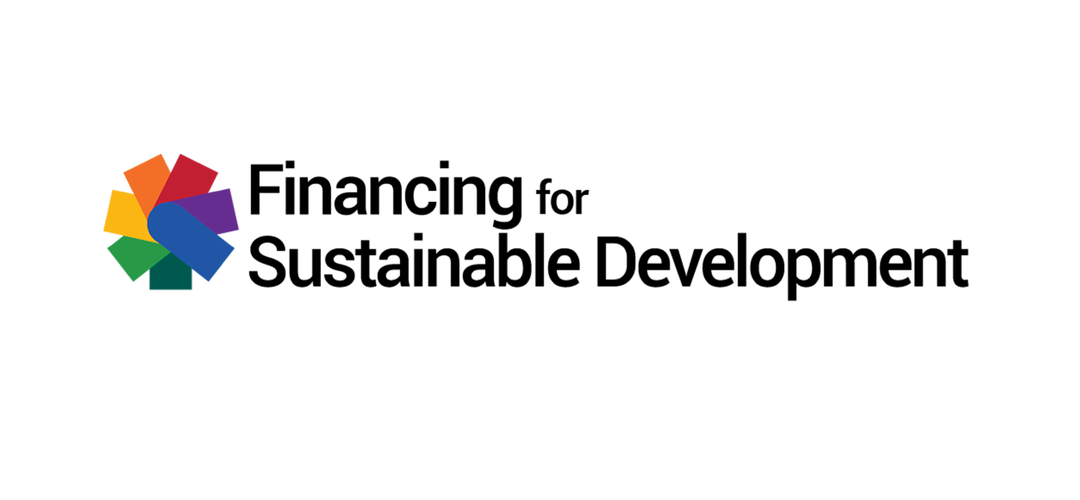

ATI Side-event at the 2022 ECOSOC Forum on Financing for Development
Report and final outcome of the 2022 ECOSOC Forum on Financing for Development
One year after the launch of the ATI Declaration 2025, the ATI hosted a side event at the United Nations Economic and Social Council (ECOSOC) Forum on Financing for Development on 28 April 2022. This event sought to highlight the key role that accountability stakeholders play in the tax and revenue debate, a new dimension emphasised in the ATI Declaration 2025. Accountability stakeholders play an essential role in holding governments accountable, which in turn strengthens tax morale, the social contract and social cohesion, and ultimately helps to narrow the gap between financing needs and available public revenues on the path to realising the Sustainable Development Goals (SDGs). Therefore, ATI members have committed to improving the space and capacity for accountability stakeholders in partner countries to engage on tax and revenue issues.
High-level representatives from Germany, Sierra Leone, and the European Commission stressed the paramount importance of domestic revenue mobilisation (DRM) in light of the socioeconomic impacts of the COVID-19 pandemic and the key role that accountability stakeholders can play in this regard. In her opening remark, Jeneba Bangura, Deputy Commissioner-General at the National Revenue Authority in Sierra Leone, highlighted the role that the ATI, as a multi-stakeholder partnership of 65 countries and organisations, can play in promoting collective action to build effective tax systems capable of closing the gaps in development finance. Nathalie Brajard vom Stein, Deputy head of Unit Macro-economic analysis, Fiscal policies and Budget support at the European Commission, underlined that although the pandemic has once again widened the gap between financing needs and available public revenues, effective DRM remains critical to post-pandemic recovery in developing countries. This opinion was also shared by the other speakers and panellists. Ingo Dietrich, Director “2030 Agenda; social and environmental transformation; feminist development policy” at the German Federal Ministry for Economic Cooperation and Development stated that “the SDGs can only be achieved on the basis of legitimate, transparent and development-oriented public finance systems” in which accountability stakeholders play a vital role. He further reiterated Germany’s commitment in supporting the work of accountability stakeholders by building their capacity through technical assistance or other means.
The side-event featured a presentation of a successful country case study from Uganda. Chenai Mukumba from the Tax Justice Network Africa delivered an insightful presentation that showcased the crucial role accountability stakeholders can play in the DRM process if the required space is provided. The presentation took a closer look at the Southern and Eastern Africa Trade Information and Negotiations Institute (SEATINI) Uganda and its close collaboration with the Ugandan government, especially in the renegotiation of Uganda’s double taxation agreements (DTAs) over the years. The presentation also addressed how DTAs can be used by multinational entities to pay minimal taxes in the countries where they generate profits and how DTAs can be linked to illicit financial flows in some cases. SEATINI has been actively involved in shaping the narrative on these issues and has made a significant contribution in this process, which has also helped the organisation to gain the confidence of the government. Referring to this successful case, the presenter concluded that governments need to engage accountability stakeholders instead of marginalising them.
The event was concluded with a lively panel discussion and Q&A session involving representatives from both state (Kenya Revenue Authority and Ugandan Ministry of Finance) and non-state actors (SEATINI Uganda) from partner countries as well as development partners (USAID). The panellists pointed out that lack of trust and appreciation between governments and accountability stakeholders were the main obstacles to their collaboration, especially on tax issues. Building this trust is therefore an important step towards meaningful stakeholder engagement.
Watch the recording now!